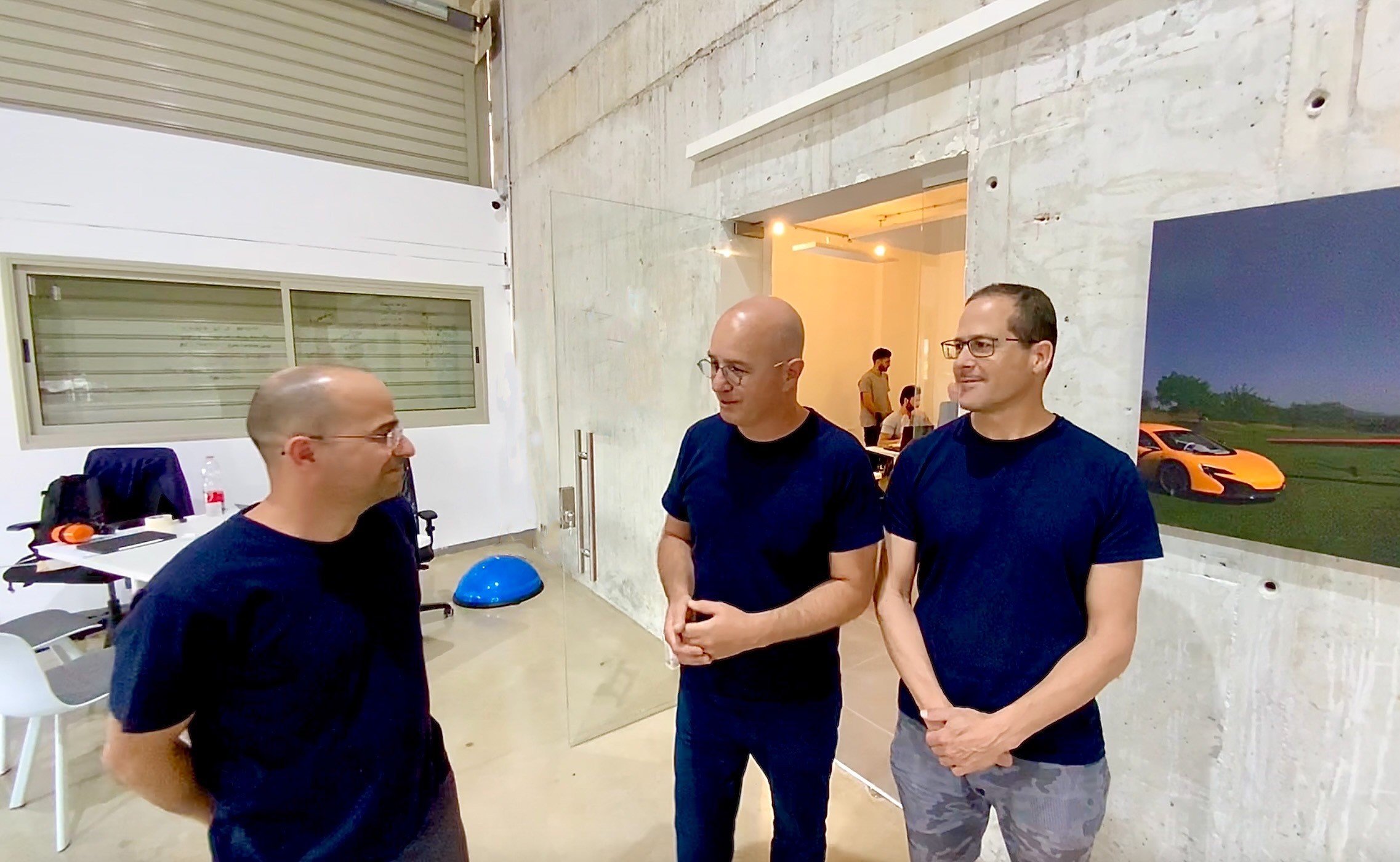Click Here to View This Page on Production Frontend
Click Here to Export Node Content
Click Here to View Printer-Friendly Version (Raw Backend)
Note: front-end display has links to styled print versions.
Content Node ID: 419112
Israeli start-up Air is the latest declared contender to offer eVTOL vehicles for personal mobility purposes. After operating in stealth mode for the past four years, the company issued an announcement on July 19 that promised a fundamentally different alternative to eVTOL air taxis “for those who want to enjoy the ultimate freedom of flying on their own terms.
The two-seat, all-electric model will have eight motors, supporting a range of up to around 160 km (100 miles) or a cruise flight duration of around 60 minutes. Based on batteries being used in the early prototypes, the range would currently be limited to around 120 km.
According to Air, owners of its unnamed vehicles will require minimal training to operate them, thanks to what it calls "fly by intent" technology, which is based on systems already deployed for drones. However, the company declined to elaborate on the architecture or components for the flight control systems.
“Our aircraft is like an organism, with an automatic copilot beside you, releasing you to tell the stick what you want to do,” explained co-founder and CEO Rani Plaut, explaining that the unspecified flight controls will consist of three levels. “The three layers work in harmony, and if you shouldn’t go somewhere it won’t let you do it.”
The company has been evaluating several prototypes, including one with a full-scale nine-meter (30-foot) wing. A 65 percent scale model has been used to conduct several test flights with the flight control system to demonstrate the full operational envelope. The Air team is now building a full-scale technology demonstrator and it intends to start hovering this early in 2022, with fully functional, manned flights to follow by the middle of next year.
“We want to make the air accessible to everyone,” said Plaut. “There is a high correlation to the use case for a car. The person who drives a car is not necessarily a professional [driver], and this personal electric air vehicle will be based on automotive DNA. [Other companies] are developing air taxis because of the complexity and the need to justify their higher costs, but this is the tail wagging the dog.”
Air envisages customers being able to park the eVTOL at their homes in as much space as two large cars would require. “This is more of a Tesla S than a Tesla 3,” Plaut commented.
For certification purposes, Air is aiming to use the new special conditions being introduced around existing Part 23 rules. The company hopes that anticipated simplified vehicle operations standards will be released in time for service entry but has yet to disclose an anticipated timeline for securing FAA approval.
Air’s development plans call for some initial trial operations under experimental licenses. It believes these flights will lay the groundwork for public acceptance, which it considers to be at least as high a priority as type certification. It holds several patents and has more applications pending, covering technology associated with multi-rotor aircraft designs.
The privately-owned company, which employs around 20 people in Israel and the U.S., says that it has sufficient funding to support work through the end of 2022, based on some seed investments made in 2020. It has started evaluating options for the new next wave of funding, with Plaut telling FutureFlight, “We prefer to take measured steps and look for a visionary investor.”
According to Air’s website, it intends to reveal more details about the vehicle in the fall of 2021, although Plaut indicated that it doesn’t plan to showcase the product publicly until early 2022. “We’re trying to validate all the details before disclosing these,” he said, expressing disdain for what he characterized as hypothetical virtual concept designs being used for promotional purposes by rival eVTOL developers.
Plaut’s co-founders are Chen Rosen, who is Air’s chief technology officer, and Netanel Goldberg, who is its chief operating officer. Plaut, who has a background in mathematics and physics, was previously co-founder and CEO of advanced metal processing specialist Bmax. Rosen, a former UAV pilot in the Israeli Air Force, previously worked with avionics group Elbit Systems and high-definition wireless video specialist Amimon on unmanned aircraft systems development. Goldberg, a former Israeli military intelligence officer, is a former product vice president with Amimon and previously co-founded technology ventures GetReal Platforms and AutoMate.
